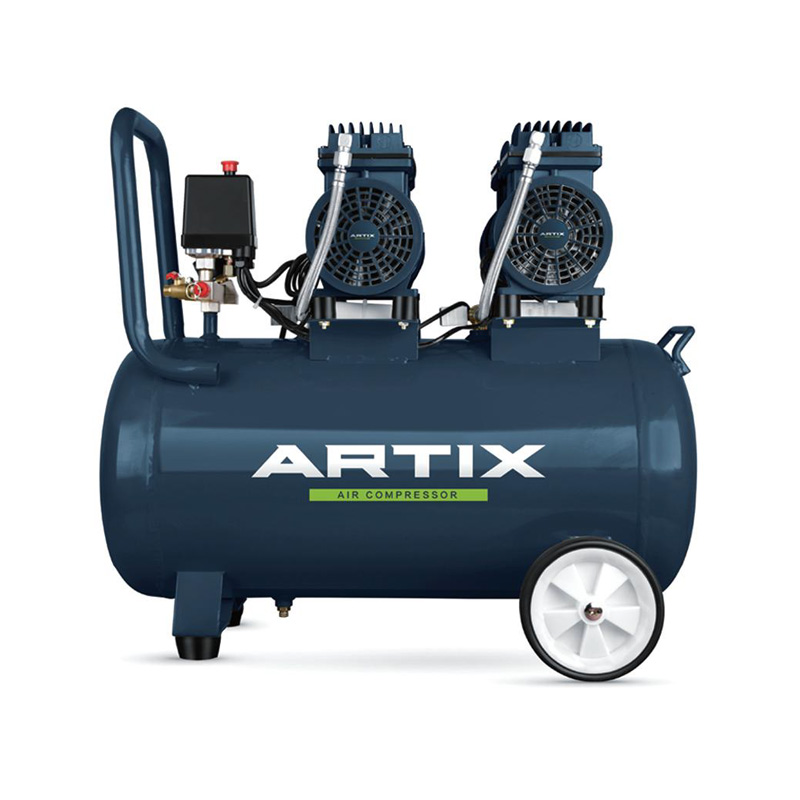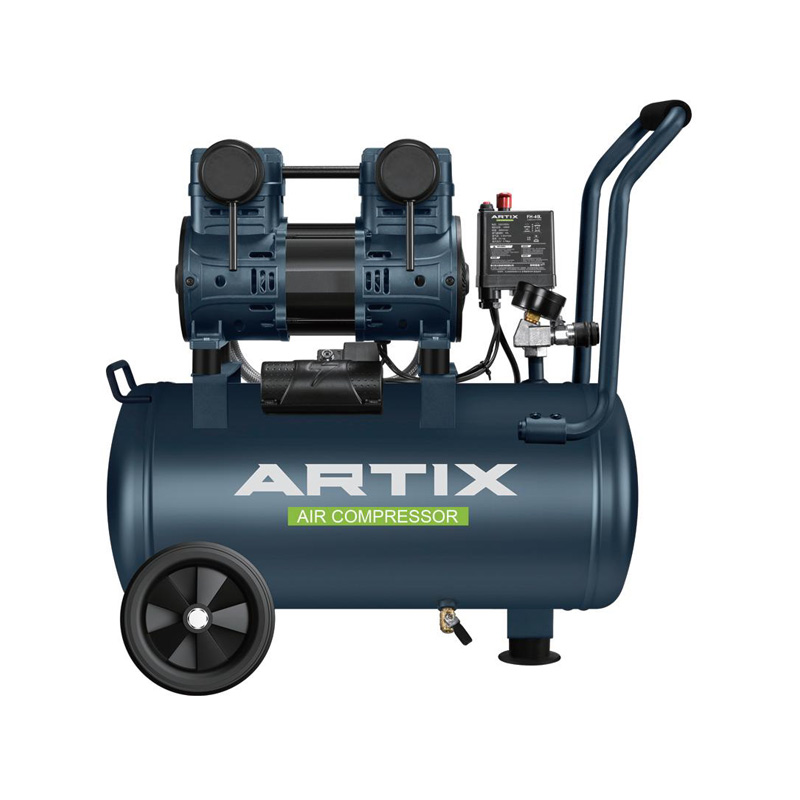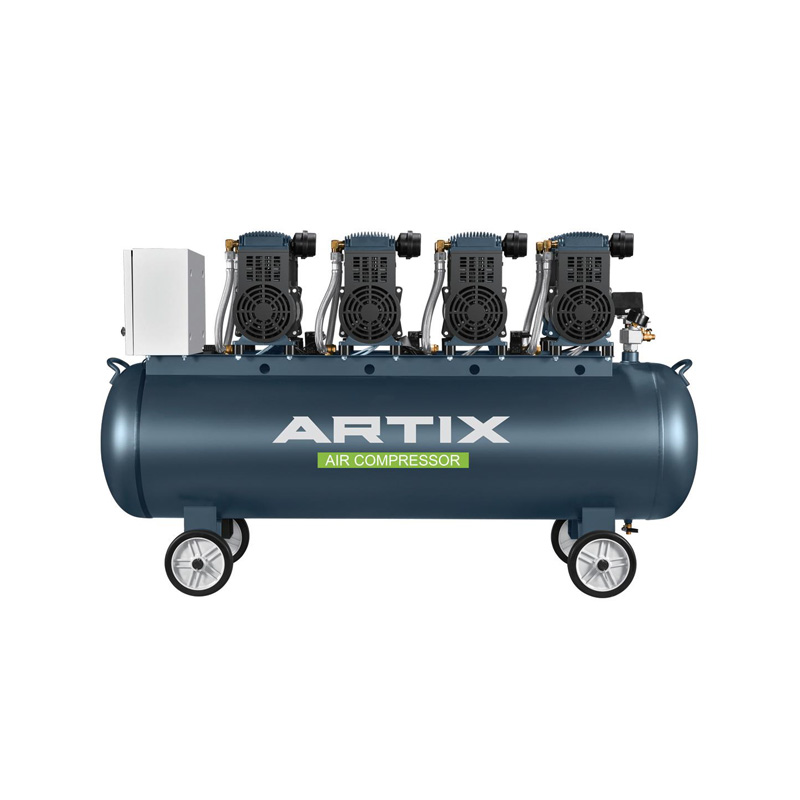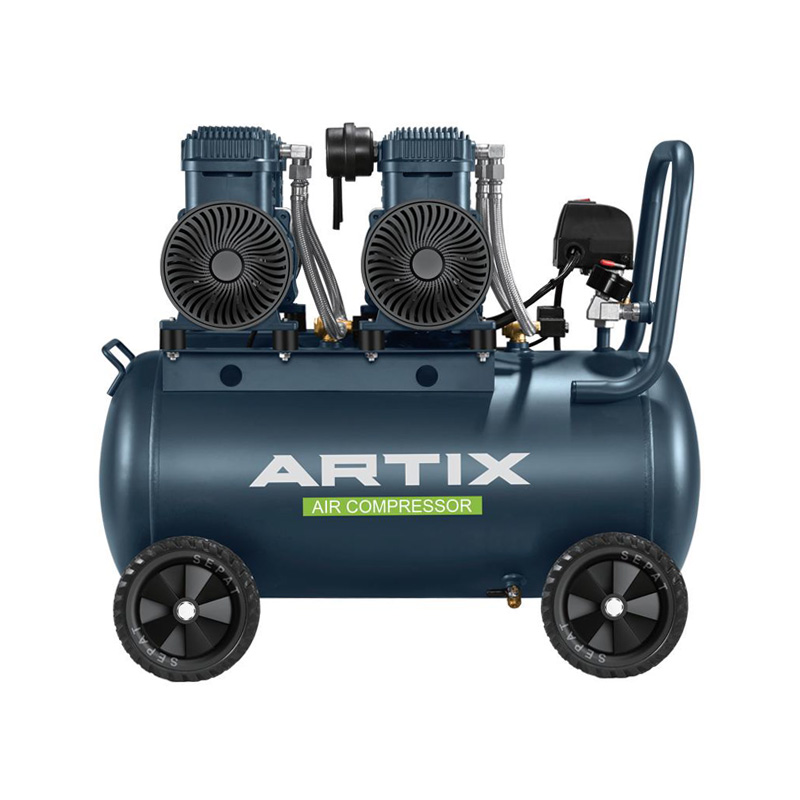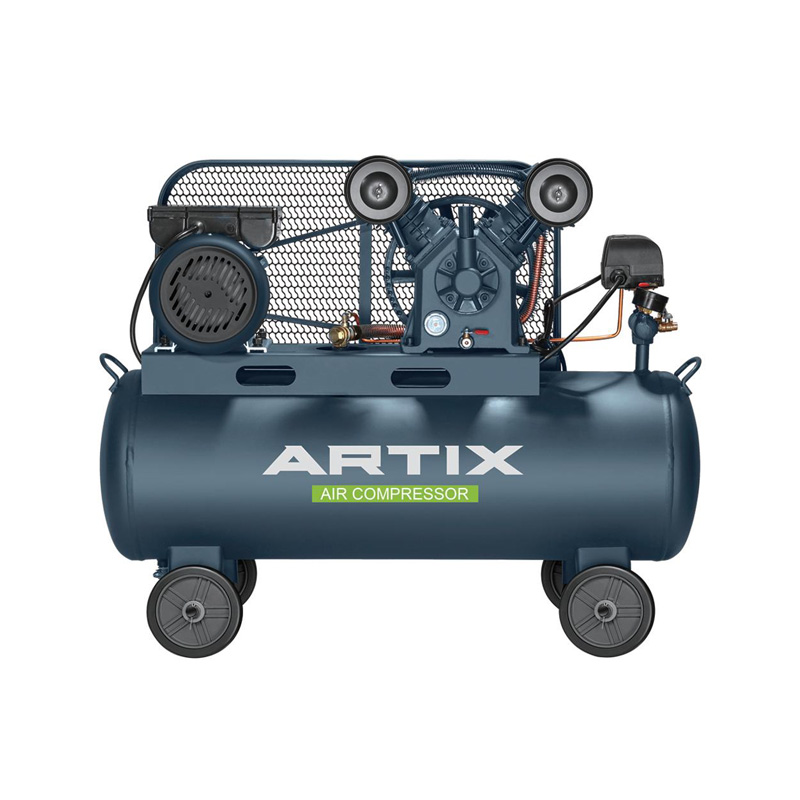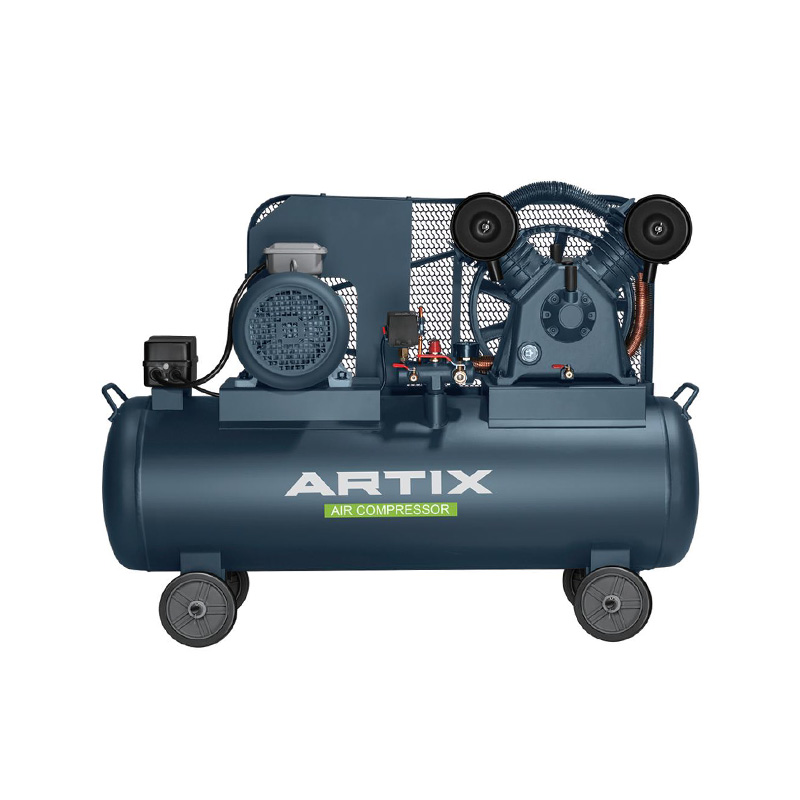Compressed air plays a crucial role in many industries, powering a wide variety of tools and machines. From automotive production to food processing, the quality of compressed air is essential for maintaining operational efficiency, safety, and the longevity of equipment. As industries rely heavily on compressed air systems, understanding the standards that govern air quality is fundamental. This article explores the different aspects of compressed air quality standards, with a focus on the types of compressors, such as the high pressure oil free compressor, 50L silent compressor, and 1.5 hp air compressor motor.
Importance of Compressed Air Quality
Compressed air is a versatile and reliable source of energy. However, unlike other forms of energy, compressed air can contain contaminants such as water, oil, dust, and dirt. These contaminants can cause damage to pneumatic equipment, affecting performance, productivity, and safety. As a result, air quality standards have been established to ensure that the air produced by compressors meets certain requirements before being used in industrial applications.
The primary objective of these standards is to reduce the risks associated with contaminants, which can affect the functionality of tools and machinery. This is especially important in sensitive industries like pharmaceuticals, food and beverage, and electronics manufacturing, where air quality directly impacts product quality.
Types of Compressors and Their Role in Air Quality
Compressors come in various types, each designed to meet specific requirements for air pressure, flow rate, and cleanliness. Two common compressor types used in industries are the high pressure oil free compressor and the 50L silent compressor, both of which help meet the air quality standards set by the industry.
High Pressure Oil Free Compressor
A high pressure oil free compressor is often used in environments where the presence of oil could be harmful. These compressors are designed to operate without the use of lubricating oil in the compression chamber, which eliminates the risk of oil contamination in the compressed air. The absence of oil ensures that the air produced is cleaner, which is crucial for industries that require high-purity air, such as medical and food processing sectors.
In addition to eliminating oil contamination, high pressure oil free compressors can operate at higher pressures, making them ideal for applications that require a significant amount of compressed air at a consistent and reliable pressure. These compressors are typically used in heavy-duty industrial environments where reliability and performance are key to maintaining smooth operations.
50L Silent Compressor
A 50L silent compressor is designed for quieter operation, making it a reliable choice for environments where noise reduction is important. These compressors have a smaller tank capacity, generally around 50 liters, but they are still capable of producing compressed air at sufficient pressure for a wide range of applications.
The main advantage of the silent compressor is its ability to operate at low noise levels, which is particularly beneficial in industries such as medical facilities, laboratories, and workshops, where noise can be a distraction or even a safety concern. In terms of air quality, a 50L silent compressor, like other types of compressors, must adhere to cleanliness standards to ensure that the air produced is free of contaminants.
1.5 HP Air Compressor Motor
The 1.5 hp air compressor motor is a standard motor size used in various compressors to power the unit. This motor size provides a good balance between power output and energy efficiency, making it suitable for medium-duty applications. The quality of air produced by compressors with a 1.5 hp motor depends largely on the motor's performance and the filtration system in place.
When paired with appropriate filtration and air-drying systems, a 1.5 hp air compressor motor can produce compressed air that meets industry standards. Filtration systems remove contaminants such as oil, dust, and moisture, ensuring that the air is clean and dry. This is particularly important in industries that require a high level of air purity to avoid product contamination or equipment damage.
Compressed Air Quality Standards
Various organizations and regulatory bodies set compressed air quality standards that must be met by industrial compressors. One widely accepted standard is ISO 8573-1, which categorizes the purity of compressed air into different classes based on the level of contaminants present.
ISO 8573-1 defines nine different classes of air quality, ranging from Class 0 (oil-free and contaminant-free air) to Class 9 (air with high levels of contaminants). For example, in the food and beverage industry, air used in food processing or packaging may need to meet Class 1 or Class 2 standards, which stipulate very low levels of oil and moisture contamination.
Additionally, the ANSI/ISA-71.04-2013 standard focuses on moisture levels in compressed air systems, while the NFPA 99 standard deals with medical air systems. These standards ensure that the air produced by compressors, including high pressure oil free compressors and 50L silent compressors, meets the necessary purity levels for specific applications.
Compressed air quality standards are essential for maintaining the performance, safety, and reliability of compressed air systems. By using compressors like the high pressure oil free compressor, 50L silent compressor, and 1.5 hp air compressor motor, industries can ensure that the air they rely on meets the required purity levels. These standards help prevent costly equipment failures, ensure product quality, and protect workers' health, making it critical for companies to invest in quality compressors and adhere to the established guidelines for air purity.
Understanding and meeting these standards is crucial in industries where compressed air plays a vital role in production processes, and selecting the right type of compressor is the advanced step in achieving clean, high-quality compressed air.
